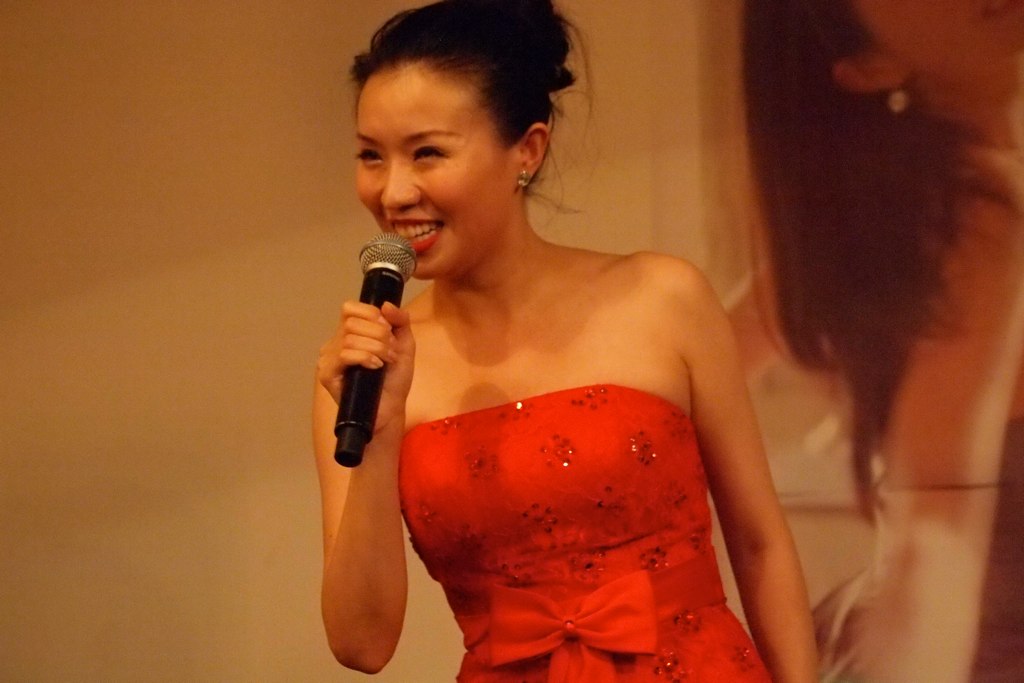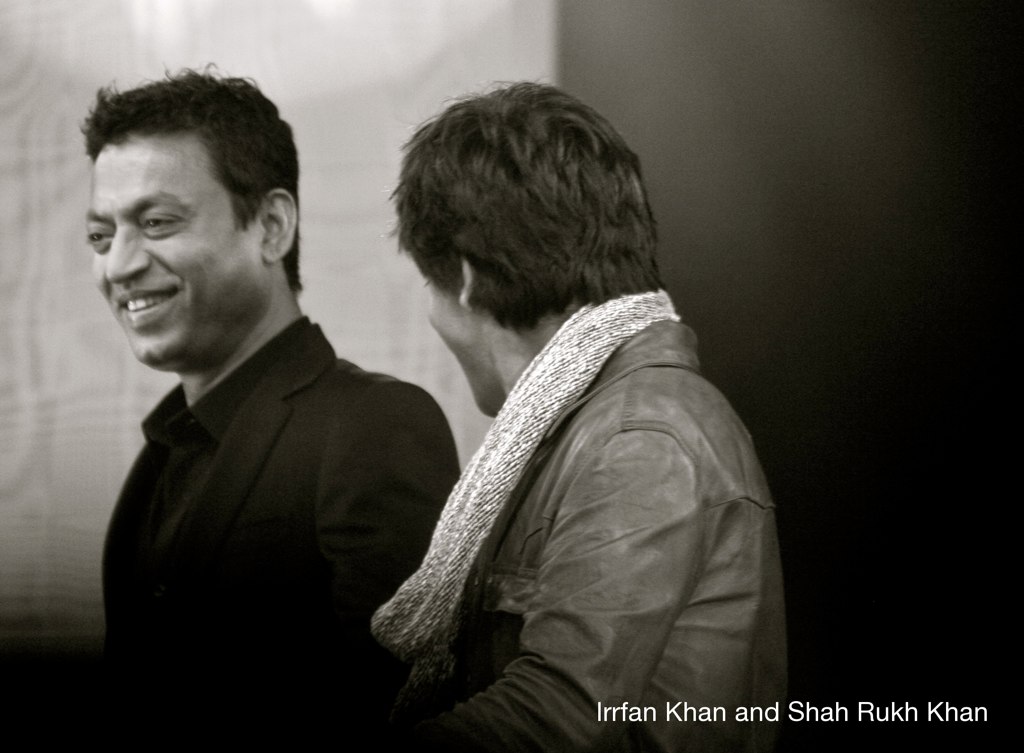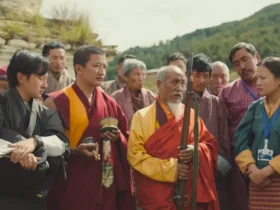In 1990, Professor Joseph Nye defined soft power as the ability to persuade, rather than coerce, others to reach a desired outcome. Since then, countries around the world have invested in their cultural and moral reputations abroad and have focused on strategically balancing soft and hard (e.g., military) power, some with more success than others. The lines between hard and soft power are fluid, but, when balanced correctly, are very effective in maintaining a positive image and enhancing military and political power internationally.
Today, the US enjoys quite a high degree of soft power globally, particularly in Asia. The infiltration of American values and culture into the East is evident in the success of American pop music icons and Hollywood films, as well as the appeal of elite American universities. Interestingly, the US government invests virtually no resources in soft power in Asia, excluding humanitarian aid—it almost never funds the cultural items exported to Asia.
The idea and implementation of soft power has become extremely important to the small nation of South Korea. In the last decade, Korean pop culture has experienced an international boom through Korean dramas and “K-Pop.” Koreans are so invested in this new soft power that it has its own word in Korean, hallyu, which literally translates to “Korean wave.” PSY of his “Gangnam Style” fame is the epitome of this phenomenon. Under the current president Park Geun Hye, the Korean government has more than doubled its financial endorsement of Korean pop culture abroad and has expressed hopes that hallyu will lead to strengthened cultural friendliness and economic partnerships. The long-term effects of hallyu are yet to be seen, but the growth of K-Pop fandom on virtually all continents has the Korean government excited.

In comparison to South Korea, China has invested even more resources in its soft power, but with disappointing results. Xi Jinping, the president of China, launched the campaign for the “Chinese Dream,” a rebuilding of the nation’s culture and reputation. Through this campaign, Xi is striving to counteract American cultural influences. The Netflix drama House of Cards proved to be quite popular among Chinese viewers, but the Chinese Communist Party (CCP) was quick to paint it as a demonstration of Western corruption and greed. However, the show maintained its strong following. Another product of Hollywood, Transformers: Age of Extinction, became the highest grossing film in China ever, surpassing the previous record holder, James Cameron’s Avatar. In comparison, Chinese artists and films see marginal success in the US. One such artist is Jia Ruhan, a classically trained Chinese singer akin to Celine Dion. The CCP scouted, trained, recorded and promoted Jia with the expectation that she would reach stardom in the States. Yet, you have probably never heard her name or purchased her album, which is unsurprisingly “in line with the image of the Chinese government.” Starlets like Jia are consistently drowned out by news of China’s dodgy actions, like the backlash from the Beijing Olympics, and the political nature of Confucius Institutes, academies established to promote ancient Chinese values. Oftentimes, because of the CCP’s obvious interest in popular entertainment, other Asian nations see Chinese soft power as propaganda or thinly veiled political hard power. Rather than improving China’s image and accelerating the Chinese Dream, Xi Jinping’s brainchild has soured the impression of China in a number of Eastern nations.

Which country, then, has an effective soft power policy in Asia? It seems that India is the nation that best understands the intricacies of soft power. In order to harness, but not control, India’s soft power worldwide, the government funds Bollywood film festivals, art exhibitions and Hindi conferences around the world. These are designed to simply spread awareness of Indian culture, not to promote its policies or generate content as the CCP desires in China.
While the cultural soft power of India has certainly increased in strength and visibility, the government has also utilized humanitarian aid and economic relief to add another dimension to soft power. In Afghanistan, India rose in popularity when it sent economic, rather than military, aid to stabilize the Afghan government. Major financial donations to the UN Democracy Fund (among other funds) also promote a modern and generous image of India. In fact, polls show that many Southeast and Central Asian nations think India is a better partner than China because it is less aggressive.
This financial facet of soft power, unlike Bollywood and Hollywood cultures, is indeed state-run. Despite its political nature, it is critical to the success of a country’s soft power. In the case of the US, South Korea and India (among others), the state does not have influence over pop culture, but, because it recognizes the benefits and necessity of soft power, it uses money to boost its image abroad. For instance, the US gives billions of dollars every year to natural disaster relief and foreign aid. While those numbers might compose a mere 1-2% of the federal budget, the international perception of the US is still improved as images of American officials providing vital aid hit the press. India and South Korea also embrace their roles as donors to the international community. India has one of the world’s fastest-growing foreign aid budgets, while South Korea recently joined the Development Assistance Committee, a prestigious subset of the Organization for Economic Co-operation and Development. All of these nations have effectively used their economic strength in conjunction with cultural soft power to improve the global image of both the people and their government.
Soft power, then, is ultimately a balancing act between the government and the culture of a nation. China’s approach is generally too overbearing, if not threatening. The CCP’s mission to control cultural soft power actually damages its international image, especially when combined with its reluctance to give foreign aid. The United States, on the other hand, allows its cultural soft power to independently run its course in addition to supplying humanitarian aid. As other states look to grow their own soft power, they should follow the leads of India, the US and South Korea. The Association of Southeast Asian Nations (ASEAN), for example, is looking to promote Southeast Asian culture around the world. They would be wise to foster a soft power policy that gently blends economic aid with culture free of an overt political agenda. With social clout and generous economic assistance, governments can then pursue hard power foreign policy goals with less resistance.
The views expressed by these authors do not necessarily reflect those of the Glimpse from the Globe staff, editors, or governors.








